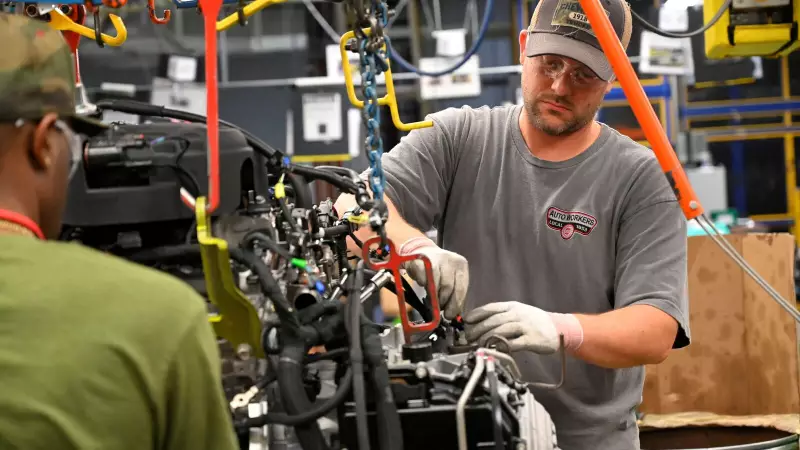
In a significant move that signals trouble for the electric vehicle revolution, automotive giant General Motors has confirmed plans to eliminate approximately 1,700 jobs across multiple US facilities. The decision comes as the company grapples with cooling consumer demand for electric vehicles and aims to streamline operations.
The Breakdown: Where the Axe Falls
The job cuts will primarily impact two key manufacturing plants in Michigan, highlighting the state's vulnerability to shifts in automotive trends. The majority of affected positions involve production roles at factories dedicated to building electric vehicles, underscoring the disconnect between automaker ambitions and market reality.
Michigan Plants Bear the Brunt
According to internal communications, the Orion Assembly plant will see the most significant reduction, with approximately 1,000 workers facing layoffs. This facility, which produces the Chevrolet Bolt EV, has become a casualty of changing consumer preferences and production adjustments.
The Lansing Grand River Assembly plant will also experience substantial cuts, affecting several hundred employees. This location handles production of Cadillac sedans and Chevrolet Camaros, both facing market challenges as consumer interest shifts toward SUVs and trucks.
Behind the Decision: EV Reality Check
Industry analysts point to several factors driving GM's difficult decision:
- Slowing EV adoption rates despite government incentives and automaker investments
- High production costs for electric vehicles compared to traditional combustion engines
- Infrastructure challenges including charging network limitations
- Consumer price sensitivity in a challenging economic environment
"The automotive industry is experiencing an EV adjustment period," noted industry expert Priya Sharma. "Companies like GM invested heavily anticipating rapid consumer adoption, but the market isn't moving as quickly as projected."
Employee Impact and Transition Support
GM has stated that affected employees will receive transition support, including:
- Opportunities to transfer to other GM facilities with open positions
- Severance packages based on tenure and position
- Career counseling and job placement assistance
- Retraining programs for roles in growing segments of the company
Broader Industry Implications
This workforce reduction reflects a broader trend in the automotive sector. Several major manufacturers have recently scaled back their electric vehicle production targets and investment timelines. The industry appears to be recalibrating its approach to the transition from internal combustion engines to electric powertrains.
The GM layoffs serve as a stark reminder that the road to an all-electric future may be longer and more challenging than initially anticipated. As consumer demand patterns continue to evolve, automakers must balance ambitious environmental goals with market realities and workforce stability.





